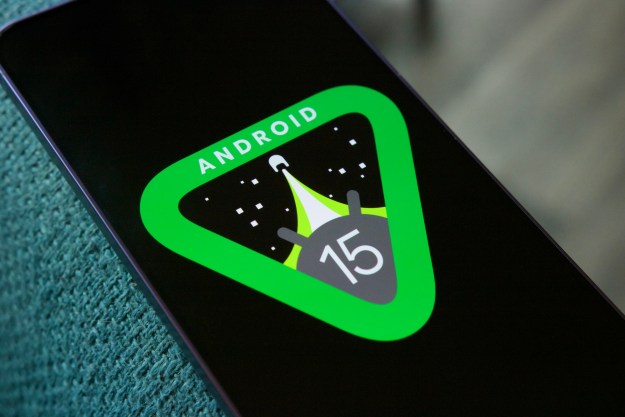
Remember the original Babel Fish in Hitchhiker’s Guide to the Galaxy? Drop one in your ear and you can instantly understand any language you hear? Or the translator microbes in Farscape that “colonized the base of the brain” and let diverse species more-or-less understand each other’s speech? Or Star Trek’s universal translator? Mostly these were fantastical inventions to save writers (and actors) (and audiences!) the trouble of conceiving and speaking whole new languages…thus making their work more accessible and commercially viable. But now comes word Internet giant Google is working on just such a technology, aimed at near real-time translation of speech—into speech!
According to a report in The Times, Google is hoping to wed the speech recognition technology it has already developed to enable speech commands for its mobile services with computerized language translation to enable users to speak into a phone using their native language, then have their speech recognized, translated, and “spoken” back over the phone using a machine-generated voice. According to the piece, the software would work much like a professional human interpreter, analyzing speech in chunks or packages so the meaning of individual words becomes clear from context, then translating the whole meaning.
According to Franz Och, the head of Google’s translation services interviewed in the article, accurate speech recognition remains a sticky problem because of the sheer variety of human voices and accents, but mobile phones might give an edge to the technology because, by definition, they’re highly personal and therefore can theoretically adapt to individual users over time and get a feel for their voices and idioms. The increasing processing power available in phones is also a help: Google’s Nexus One ships with one of the fastest mobile processors available on the market, and the amount of CPU power and memory available to phones is only going to increase.
Google doesn’t anticipate having anything ready to go in the short term, but Ochs speculated that in a few years’ time speech-to-speech translation could be working “reasonably well.”
Editors' Recommendations
- One of the best budget phones just got even better
- Android 15 release date: When will my phone get the update?
- The 6 biggest announcements we expect from Google I/O 2024
- Google Pixel 8a: news, rumored price, release date, and more
- Here’s every color that will be available for the Google Pixel 8a
